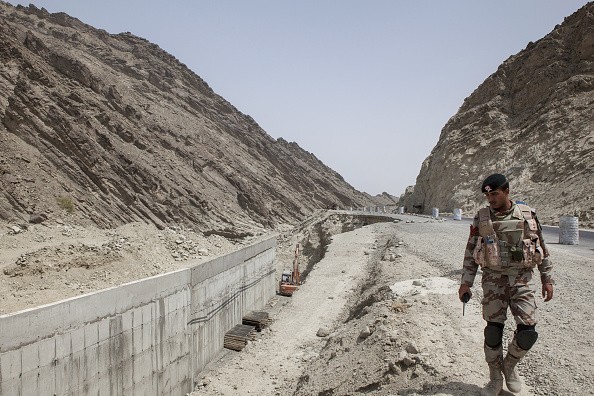As part of projects under the China-Pakistan Economic Corridor (CPEC) initiative, the Chinese government is investing a huge amount of money for the construction of highway networks and other transport infrastructure to improve connectivity between Pakistan and China.
This year, the Xinjiang Uyghur Autonomous Region will pour in about 170 billion yuan (Rs24.8 billion) to finance the construction of new roads to enhance the country's trade hub and connect countries along the Silk Road economic belt, a report by thenews.com said.
Zhang Chunlin director of the Xinjiang Development and Reform Commission said in an exclusive interview that the new infrastructure projects in the region will also provide employment to a great number of people, adding that it was the first time that the region has received such huge investment in road construction.
Aside from these, Xinjiang will also pour in about 8.1 billion yuan to build railways and 4.8 billion yuan for civil aviation projects, a 50 percent increase from last year's investments. This year's investment in roads, railways and airports surpassed the total funding for transportation infrastructure from 2011 to 2015.
Zhang said that the government is prioritizing the building of highway network in the region, which comprises about one-sixth of China's territory. About 40 percent of Xinjiang's cities and counties are not connected by highway.
The highways will enable Xinjiang to ship their coal, oil and agricultural products out of the region at lower costs, Zhang added. He said logistics costs in the region will be reduced by 30 percent, once the highway network is completed.
About 6,096 kilometers of highways are planned to be started this year, which Xinjiang considers as an opportunity to develop the region's economy.
Xinjiang is seen as an important trade hub on the economic belt, with border countries such as Pakistan, Kazakhstan and Mongolia.
The regional government has also started research on building a high-speed railway that would connect Urumqi and the port of Horgos, near the China-Kazakhstan border. A plan to expand Urumqi International Airport is also being studied, to help adapt to the increase in local and international traffic.



























